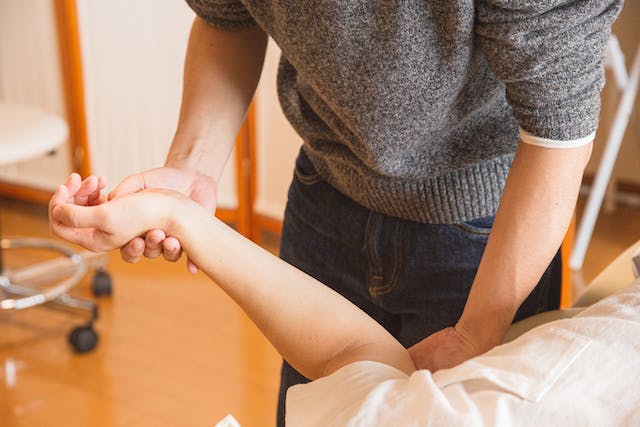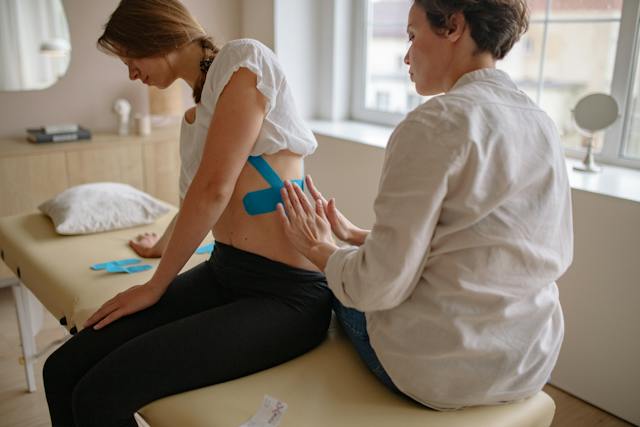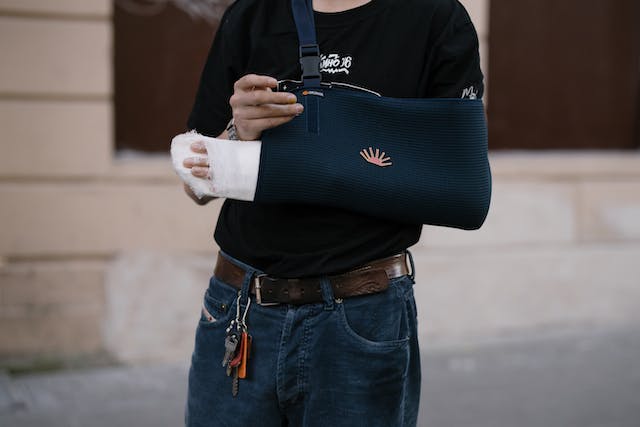It’s the holiday season, and many of us will be traveling. This could be a vacation, to visit friends and family, or perhaps exploring your locality.
While it’s exciting to travel and to new places, accidents that lead to severe injuries can happen.
Navigating injuries while traveling is very different from injuries that happen at home. This is primarily because there could be cultural or language barriers, you may not know where to get help as you are unfamiliar with the area, and you also do not have your local support system to lean on.
Therefore, if you are planning to travel, you should know how to deal with a personal injury before you get to your destination.
That way, you have a plan outlining what to do if you get into an accident during your travels.
Here is a list of 7 things you must do to get through accidents, mishaps, and injuries with less stress or financial losses when you travel.
- Be aware of your location
Always know where you are and how to get to important places in your travel destination, such as your hotel, embassy/consulate, the hospital, or airport.
It’s essential to keep the emergency numbers of the country you travel to within reach. These are numbers to a reliable hospital, ambulance service, the police, roadside assistance, and your embassy/consulate.
Keep your phone and devices charged and on the internet with your location on at all times to help others locate you, if needed.
Set up your medical information and details of your next of kin on your phone lock screen to enable bystanders or travel companions to take care of you or contact your loved ones after an accident.
Additionally, wear a medical ID informing people of any allergies, medication you are on, or health issues they should be aware of in case of an accident.
For example, if you have Epilepsy, your bracelet should include this information to ensure bystanders and emergency services attend to you accordingly.
- Prioritize your safety after an injury
The first thing to focus on after suffering an injury is your safety. Injuries while traveling often happen in the most unlikely places, such as lonely roads or hiking trails.
You may also get injured in a crowded mall, while on a tour with a group of people, or in your hotel room.
Whatever the case, once you can, move to a safe place without exacerbating your injury.
A safe location is any place you can be away from the eyes of an attacker, the confusion of crowds, or an accident site where you may be exposed to further injury.
This is where you can call for help or attend to your injuries using minor first-aid techniques as you wait for further assistance.
Notify your travel buddies of your accident so they can offer support and assistance. For example, by performing first aid treatments, taking you to the hospital, bringing you personal items as you heal, and informing your loved ones of your progress.
- Collect details of the accident
If you are conscious and can safely move around, collect information about your accident.
Start by taking photos of the accident scene and your injury. Pay attention to any special details, such as the damage to your vehicle, the severity of an injury, and witnesses to the incident.
Ask someone to physically examine you to ascertain the extent of your injuries and determine the seriousness of the situation. This will hasten calls for medical help.
Take a video, write down, or record an audio of events leading to your injury and send a copy to your lawyer, a trusted family member, or a friend. These things will serve you well in case of disputes surrounding your accident.
Your account of the incident and any pertinent documentation leading to your injury will also be invaluable when talking to authorities or filing a personal injury claims lawsuit.
- Inform relevant parties of your injury
Once you have your account of events well outlined, call/ talk face-to-face with the concerned parties.
For example, if you are injured in your hotel room due to the management’s fault, call the owner or manager and tell them about the incident.
For example, you could have suffered an electrocution due to faulty wiring. The hotel owners should know about it and take responsibility for their negligence.
The same applies to injuries while on excursions. Tour guides often have contingency plans to deal with guest injuries that will help you get through it.
- Talk to your attorney
It would be best if you understood the legalities surrounding personal injuries when traveling.
Familiarizing yourself with the laws governing personal injury claims in your travel destination will enable you to handle things lawfully.
It’s sometimes difficult for travelers to know the laws of the region they travel to, and this is where a lawyer comes in handy.
A personal injury lawyer will guide you on how to go through the legal process surrounding personal injury claims in your travel destination while protecting your rights and finances.
You should also notify your consulate or embassy of your injury. They will, in turn, contact any family members you have on record to let them know about your injury.
- File a report with the police and your insurance agency
Once you’ve informed relevant parties of your accident, file a report with the police. You must give them a detailed account of what happened to secure your insurance compensation.
Always have adequate medical travel insurance for your trip, especially if you have a serious health condition.
Be specific about your travel insurance requirements. For example, when going skiing, include ski holiday insurance to cover yourself in case of injuries while on the slopes.
You should be fully covered for the duration of your stay in case you not only have an accident but also go through stressful flight delays, cancellations, or loss of luggage.
File a claim as early as possible to give your insurer enough time to attend to your case and process payment.
If you must cover the cost of your treatment and get compensation later, keep all receipts to ensure you get all your money back.
- Set aside emergency funds
You must set aside emergency funds to cover unexpected expenses from an injury during your travels.
This money will help pay for extra days in a foreign country, if you need to extend your stay to get treatment.
It will also come in handy if you need to pay for your medical expenses as you wait for reimbursement from your insurer.
Even with all these measures, you must get a medical check-up when you return home after your travels.
During this visit, please inform your doctor of what happened and have them check your healing injuries for your peace of mind.
Final thoughts on navigating injuries while traveling
That’s a list of 7 things you should do to navigate injuries while traveling.
Therefore, if mishaps strike the next time you travel, this guide will help you get through the incident with minimal pain, proper medical care, and all the compensation you deserve after an injury.












